Feature Photo by Samantha Borges on Unsplash
Digital Identity: Personal vs. Professional
To differentiate between personal and professional digital identies, I try to keep my personal and professional life seperate through use of different platforms for both of them with minor intersections. The following is a rough differentiation between my personal and professional digital identies:
- Personal Identity: My online presence for personal matters revolves around staying in touch with friends, family, and groups that share my interests. I use Instagram, Facebook, and Discord to socialize, have fun, and engage in my hobbies.

- Professional Identity: When it comes to my professional life online, I focus on career growth, building connections, and showcasing my achievements. I use LinkedIn, GitHub, and Reddit to present my academic projects, technical skills, and for also asking technical questions.
Maintaining Boundaries
The following are the steps I take to maintain boundaries and ensure my online presence aligns with my personal and career goals.
- Separate Accounts: I use different accounts for my personal and professional life. My LinkedIn and GitHub highlight my work in computer science and career goals, while my Instagram and Facebook are more casual and personal.
- Content Filtering: I’m mindful of what I share on public platforms. When using sites that I use solely for as a professional identity (Linkedlin, and Github), I am careful to not post anything personal. Even for those blend both work and leisure (Discord), I ensure that my professional posts align with my career goals while keeping personal content private.
- Privacy Settings: I adjust my privacy settings to control who can view my personal content. At the same time, I keep my professional content publicly accessible to support networking and job opportunities.
The above practices help me to keep my online presence aligned with my personal and career goals through the following ways:
- Professional Branding: My LinkedIn profile includes a clear summary, work experience, skills, and projects that reflect my career goals in computer science. My GitHub showcases my coding projects, contributions, and collaborative work.
- Consistency in Representation: I maintain a consistent professional identity across platforms, ensuring that my skills, interests, and achievements are clearly presented on different websites.
- Enhancing Networking Opportunities: Some platforms offer visibility customization features that help attract the right professionals while minimizing spam and unwanted public exposure. For example, on LinkedIn, you can control who sees your updates and activities.
Importance of Keeping Personal and Professional Identities Separate
- Professionalism and Credibility: Employers and recruiters often review online profiles before making hiring decisions. Keeping a distinct professional identity ensures they see only relevant, career-focused content.
- Privacy and Security: Personal content may not always be suitable for professional networks. Maintaining separate identities protects privacy and prevents the unintentional sharing of non-professional content in professional spaces.
- Targeted Networking: A clear professional identity allows me to build meaningful connections with industry professionals, mentors, and recruiters, rather than mixing personal interactions with career-related discussions.
- Control Over Digital Footprint: A well-maintained professional presence helps establish a positive reputation, ensuring that my online activities reflect my expertise, interests, and professionalism.
Digital Visitor and Resident Map
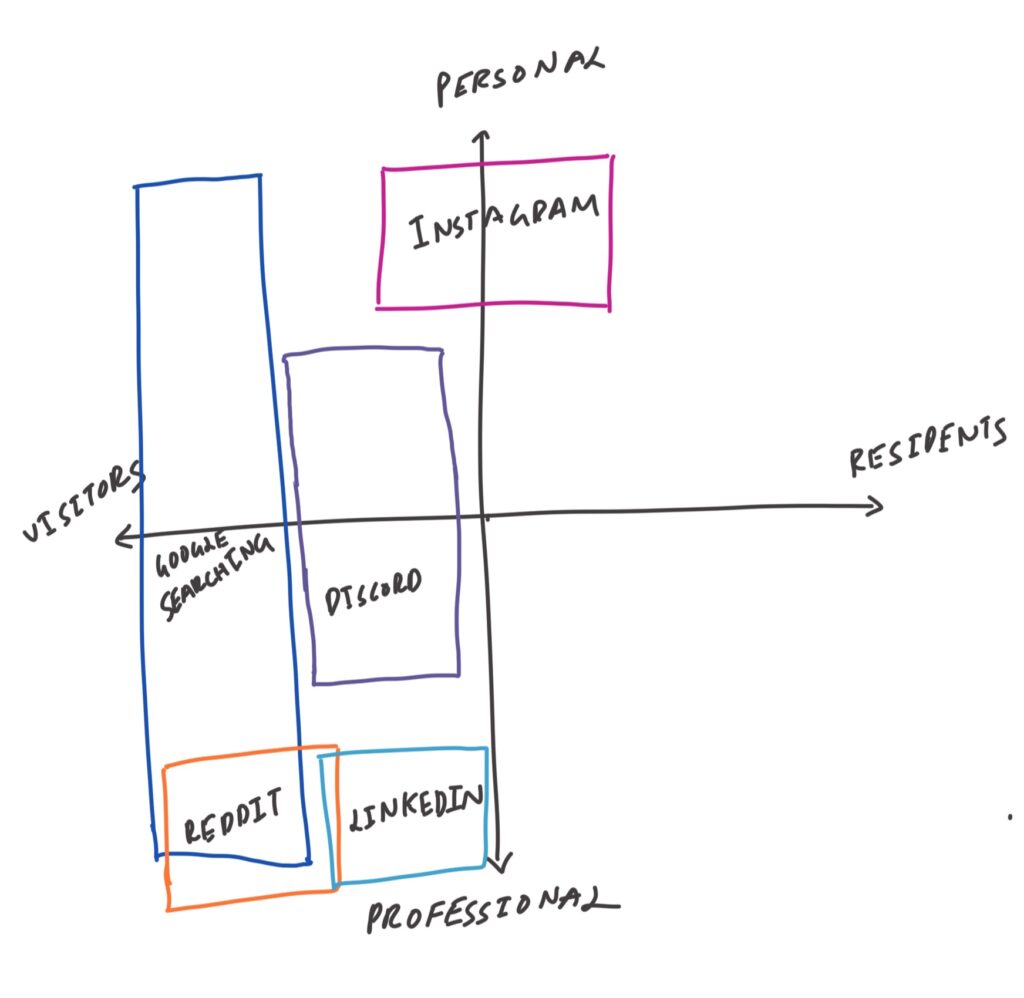
Understanding of My Digital Identity
Through the digital map, it can be seen that I keep my personal (Instagram) and professional (LinkedIn, Reddit) accounts separate. This reflects the distinction between personal and professional digital identities, as discussed in above. The only outliers are Google searches and Discord. As I use google seaching a lot from searching things that make my daily life easier (personal) to academic and career oriented queries (professional). Whereas Discord is near the center suggesting moderate engagemen as it is used for both social, academic discussions and technical collaboration.
Platforms like Google Search and Reddit often encourage a “visitor” approach, where I primarily observe and gather information rather than actively contributing. On LinkedIn, I take on a visitor role most of the time, looking up jobs or networking rather than consistent posting. But I sometimes interact with or comment on relevent career oriented people and posts, hence leaning more to the right side. Personally, I have a very weak digital presence. The only clear resident platform I use is Instagram where I have posted a lot in the past while also commenting on others post. It is a space where people can recognize me more on a personal level.
How This Map Might Change Over Time
- Shifting Toward Professionalism
- As I progress in more into my career, I will possibly engage more actively on LinkedIn and GitHub, moving them further into the “resident” space.
- Platforms like Quora, ResearchGate, or Medium may emerge as new additions where I could contribute knowledge professionally.
- Reduced Use of Some Platforms
- If my professional networking becomes a bigger priority, I might start using Instagram less frequently or more selectively.
- I may also find myself using platforms like Reddit with a narrower focus, engaging more with specific communities rather than just casually browsing.
Impact on Online Interactions
- Greater participation in professional spaces may lead to more selective engagement, reducing casual browsing in favor of targeted networking.
- As I become more visible on professional platforms, I must carefully curate the content associated with my name in the digital space.
- Increased collaboration within professional communities—such as contributing to open-source projects on GitHub, engaging in LinkedIn discussions, or participating in research forums—can create opportunities for career growth and expansion.
Theories of Personalized Learning
Learning Experience
Constructivist learning theories and self-directed learning have significantly shaped my approach to education, enabling me to engage with material in ways that align with my interests and learning style. These theories emphasize active participation, critical thinking, and ownership of the learning process, which have been instrumental in my academic and professional growth.
1. Constructivist Learning Theory: It is learning by doing and actively building knowledge.
Constructivism emphasizes that students construct knowledge based on their experiences rather than passively receiving information. This theory has influenced my learning in the following ways:

- Project-Based Learning: Rather than simply absorbing theoretical concepts, I actively apply them to projects. For example:
- In my data visualization class, I worked with real-world salary data instead of using sample datasets. This hands-on approach helped me develop practical skills relevant to my interests in computer science and machine learning.
- My C++ ray tracing project allowed me to experiment with rendering algorithms and real-time graphics, reinforcing theoretical knowledge through direct application.
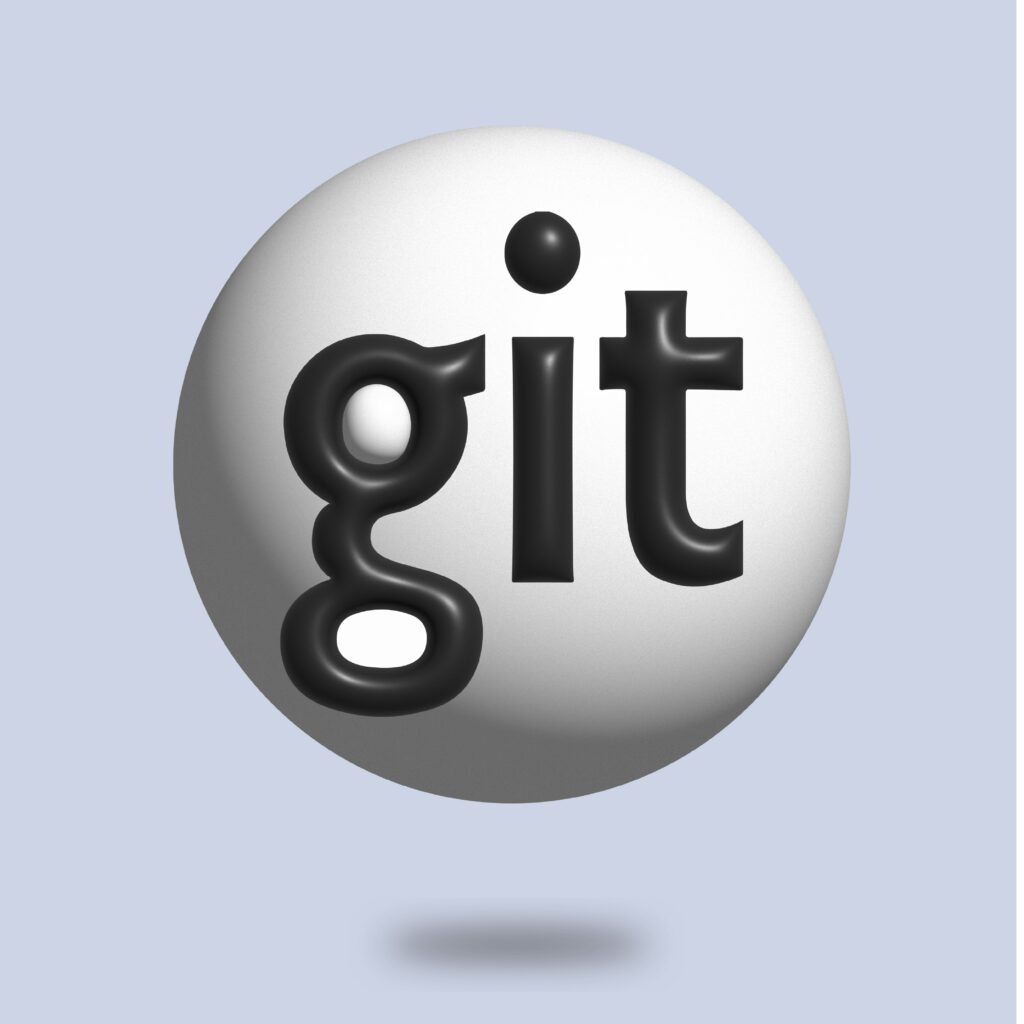
- Collaborative and Interactive Learning
- Platforms like Discord, GitHub, and H5P enable me to interact with peers, discuss solutions, and contribute to coding repositories, making learning more dynamic and engaging.
- Participating in discussions on Discord and Linkedlin has broadened my understanding beyond coursework by exposing me to diverse perspectives and real-world problem-solving strategies.
2. Self-Directed Learning Theory: It is taking ownership of learning and adapting it to personal interests.
Self-directed learning enables students to define their own learning goals, seek out resources, and evaluate their progress. This approach has influenced my learning experience in the following ways:
- Flexible Learning Paths: I utilize platforms like Coursera, Codecademy, and YouTube to supplement my coursework and learn topics at my own pace. This is particularly beneficial for machine learning and data science, where online courses often provide more hands-on exercises than traditional lecture-based learning.
- Adaptation to Career Goals: My ability to tailor coursework and projects toward data science, visualization, and algorithmic problem-solving has helped me align my learning with my long-term professional goals.
How Personalized Learning Shapes My Academic and Professional Goals
- Increased Engagement:
- Being able to customize my learning experience has helped make coursework a lot more engaging and enjoyable.
- Working with real-world data and collaborating on open-source projects while also taking self-paced online courses has made learning remain exciting and relevant.
- Enhanced Problem-Solving and Critical Thinking Skills
- The constructivist approach has strengthened my problem-solving abilities by encouraging hands-on experimentation and critical thinking.
- Through self-directed learning, I actively seek out complex projects, enhancing my ability to work independently—an essential skill in both research and industry.
- Career Readiness and Continuous Learning
- In the fields of computer science and machine learning, technologies evolve rapidly. The habit of self-directed learning ensures that I stay updated with industry trends and continue developing skills beyond the classroom.
- My involvement in GitHub Science Projects, LinkedIn, and data-driven initiatives has helped me build a strong professional portfolio that aligns with my career aspirations.
Privacy, Surveillance, and Digital Footprint Awareness
Reflecting on My Digital Footprint
As an active user of various online platforms (GitHub, LinkedIn, Reddit, Discord, Instagram), I recognize that my digital presence spans both personal and professional spaces.
My GitHub and LinkedIn profiles are publicly accessible and carefully curated to reflect my skills, projects, and achievements.I contribute to discussions in technical forums such as Reddit and Discord, ensuring that my posts remain professional and constructive.
My Instagram and Facebook accounts are private, with limited public access to personal photos, location data, and personal interactions.I use Reddit and Quora mainly as a visitor, engaging in discussions while minimizing traceable personal data.
Steps I Take to Protect My Privacy
To minimize the risks associated with unauthorized surveillance, data breaches, and tracking, I follow these privacy-aware practices:
Controlling Public Information
- I regularly audit my privacy settings on social media and professional platforms to restrict unnecessary exposure.
- I avoid sharing personal identifiers (phone number, address, email) publicly and use separate emails for personal and professional accounts.
- I actively manage cookies and tracking permissions on websites to limit unnecessary data collection.
Using Safe Digital Practices
- I enable two-factor authentication (2FA) for critical accounts (email, GitHub, banking, and LinkedIn) to prevent unauthorized access.
- I use password managers to generate and store strong, unique passwords instead of reusing credentials.
- I stay vigilant against phishing scams and suspicious links to avoid falling victim to cyber threats.
Why Awareness of Privacy and Surveillance Is Important
The following is a video on digital privacy and security:
- Protection Against Data Exploitation: Companies and governments collect vast amounts of data for advertising, profiling, and even targeted surveillance. Without awareness, users may unknowingly allow unethical data harvesting.
- Protecting Personal and Professional Reputation: Employers, recruiters, and universities often review online profiles before making decisions. A negative or careless digital footprint can impact career opportunities, academic credibility, and personal relationships.
- Avoiding Cyber Threats and Identity Theft: Weak security practices can lead to hacked accounts, phishing attacks, and stolen credentials.
Practicing Good Digital Privacy Habits
✅ Think Before Posting: I ensure that all public posts align with my personal and professional identity, avoiding controversial or sensitive topics. I also make sure to avoid posting real-time location data to protect my personal safety.
✅ Regular Digital Footprint Audits: I review old accounts regularly, delete any unnecessary profiles, and ensure that outdated information is removed or updated.
✅ Respecting the Privacy of Others: I avoid tagging people or sharing private conversations without consent. I try to verify the accuracy of the information as much as I can before sharing it online. This is to prevent the spread of misinformation.



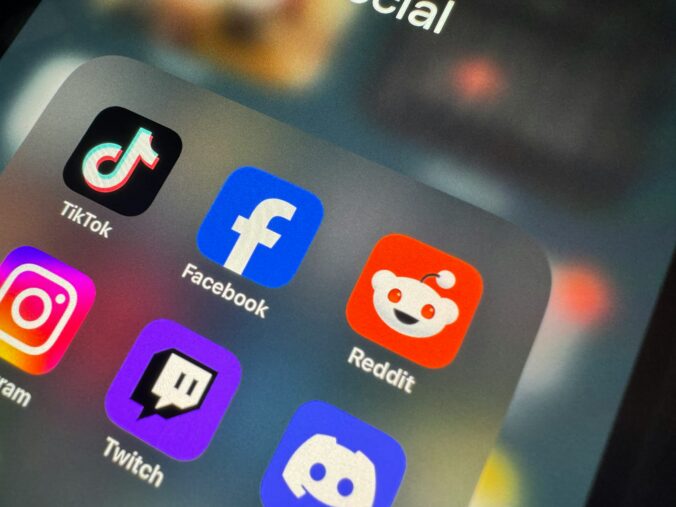
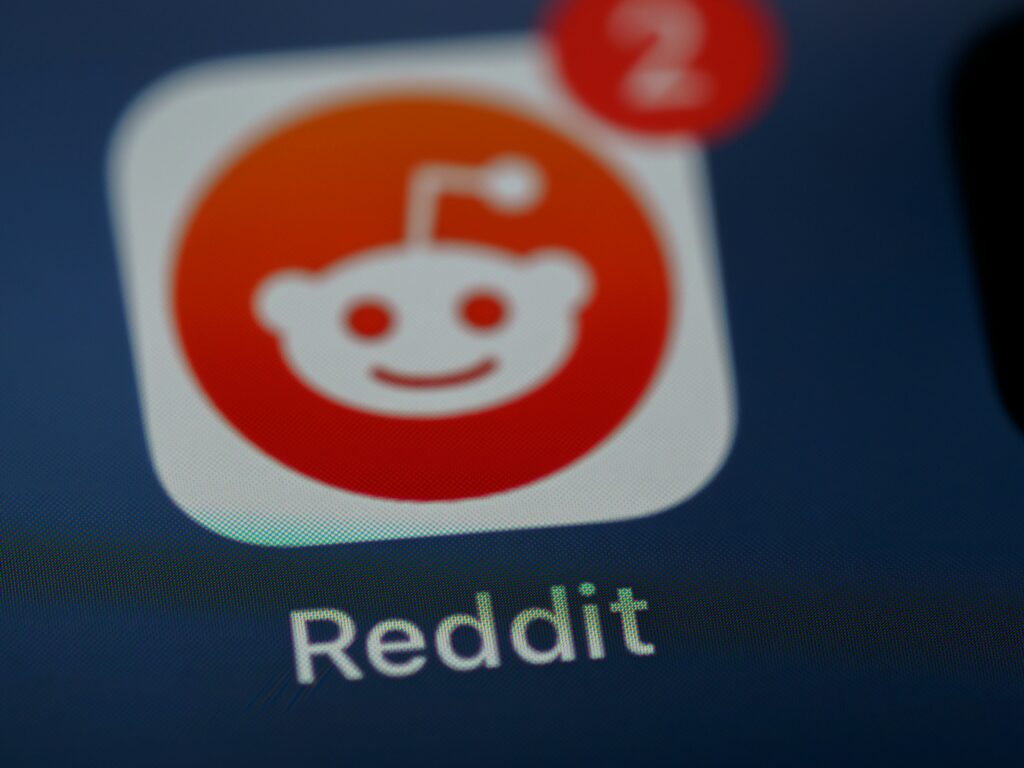
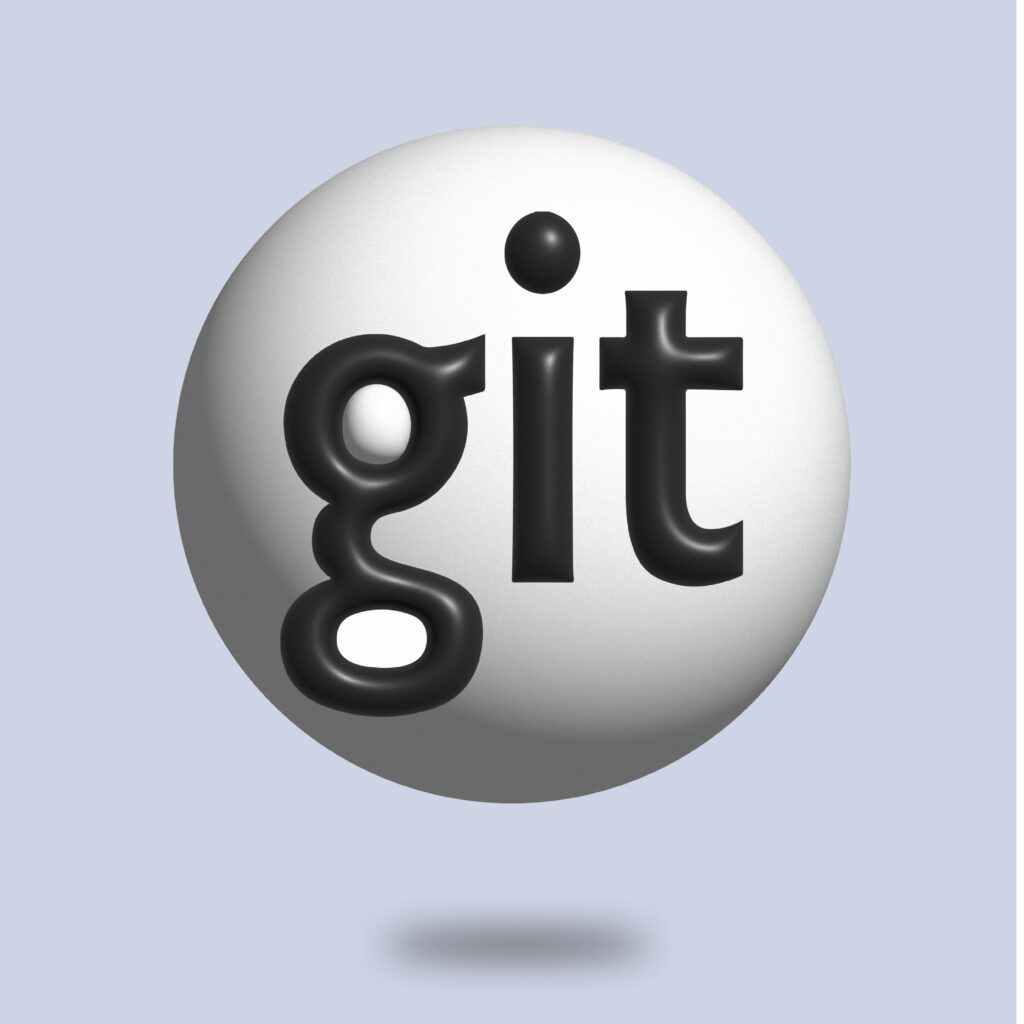
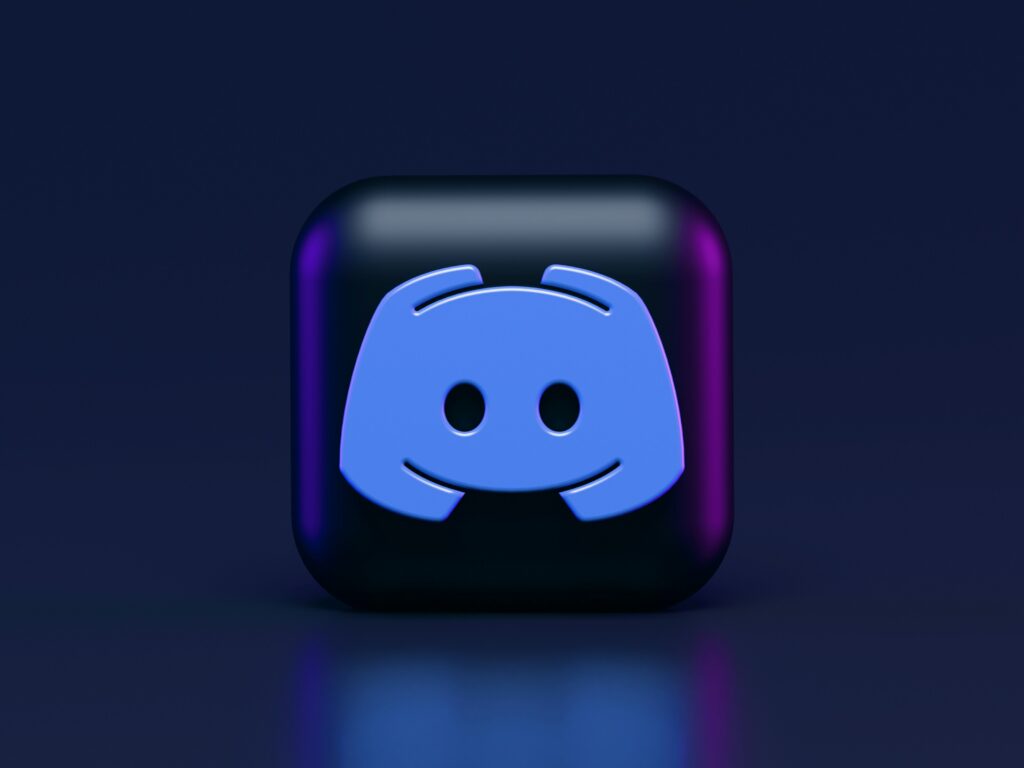
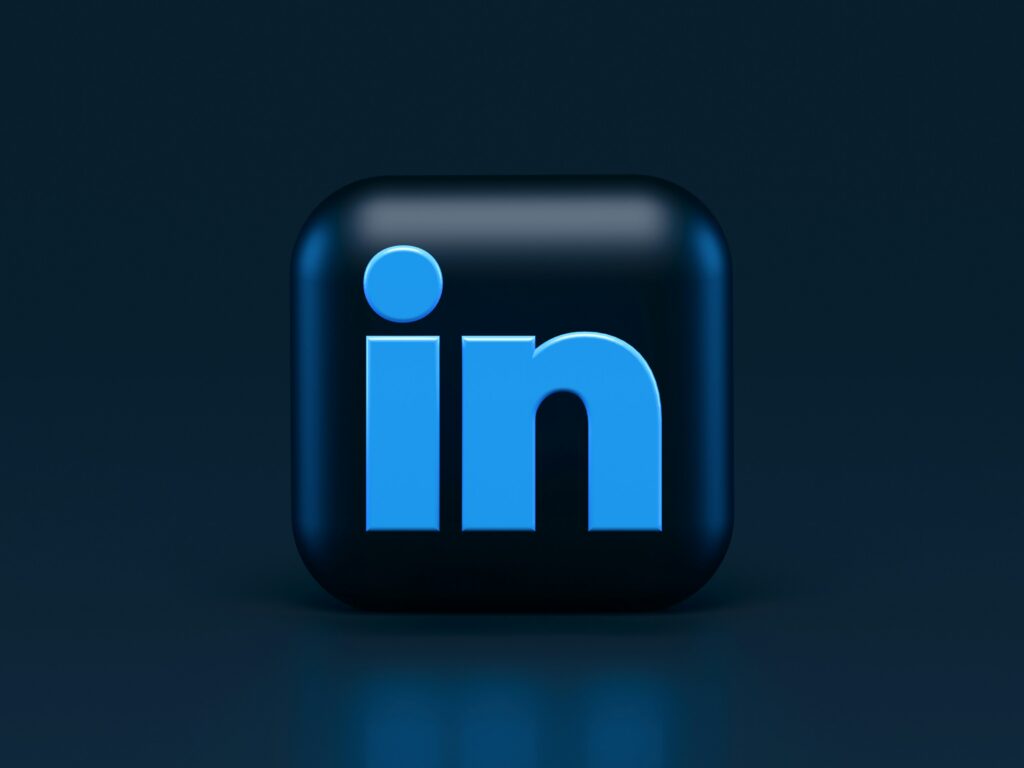
Recent Comments